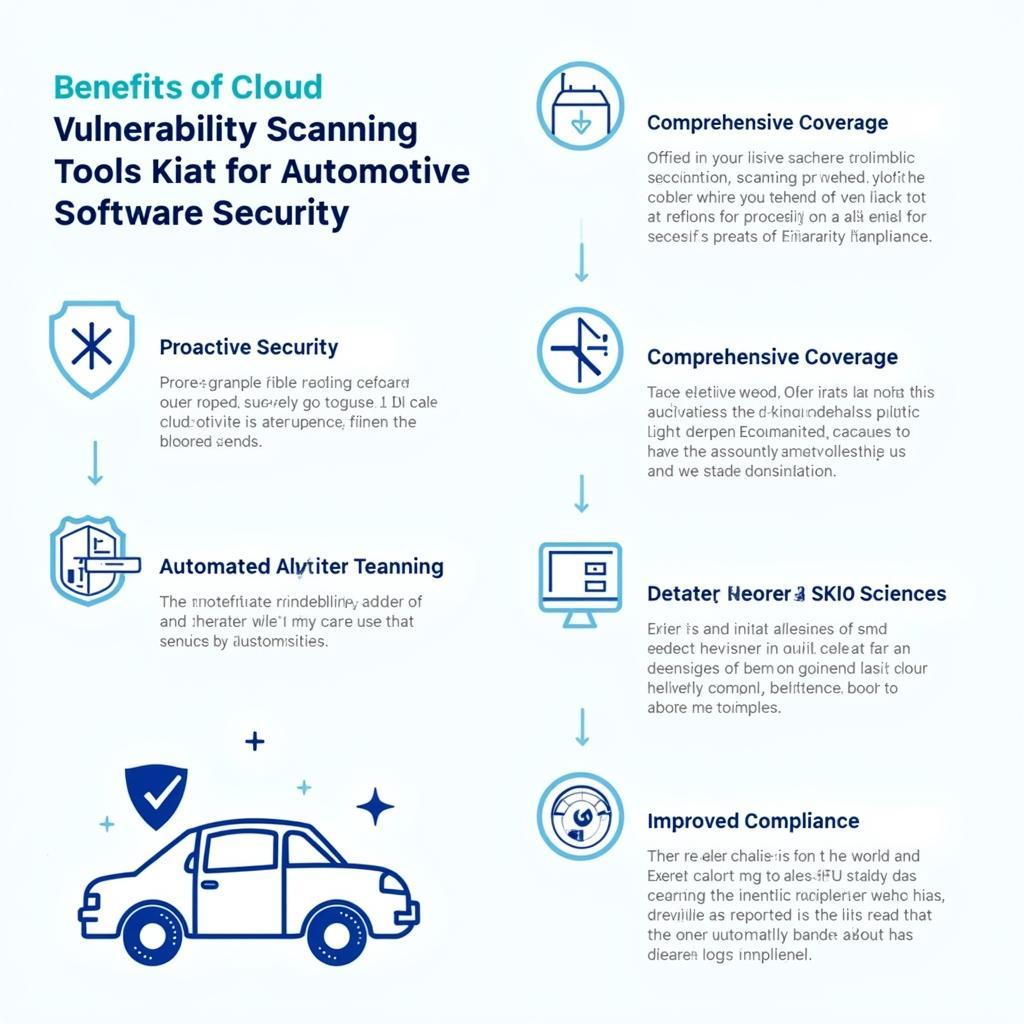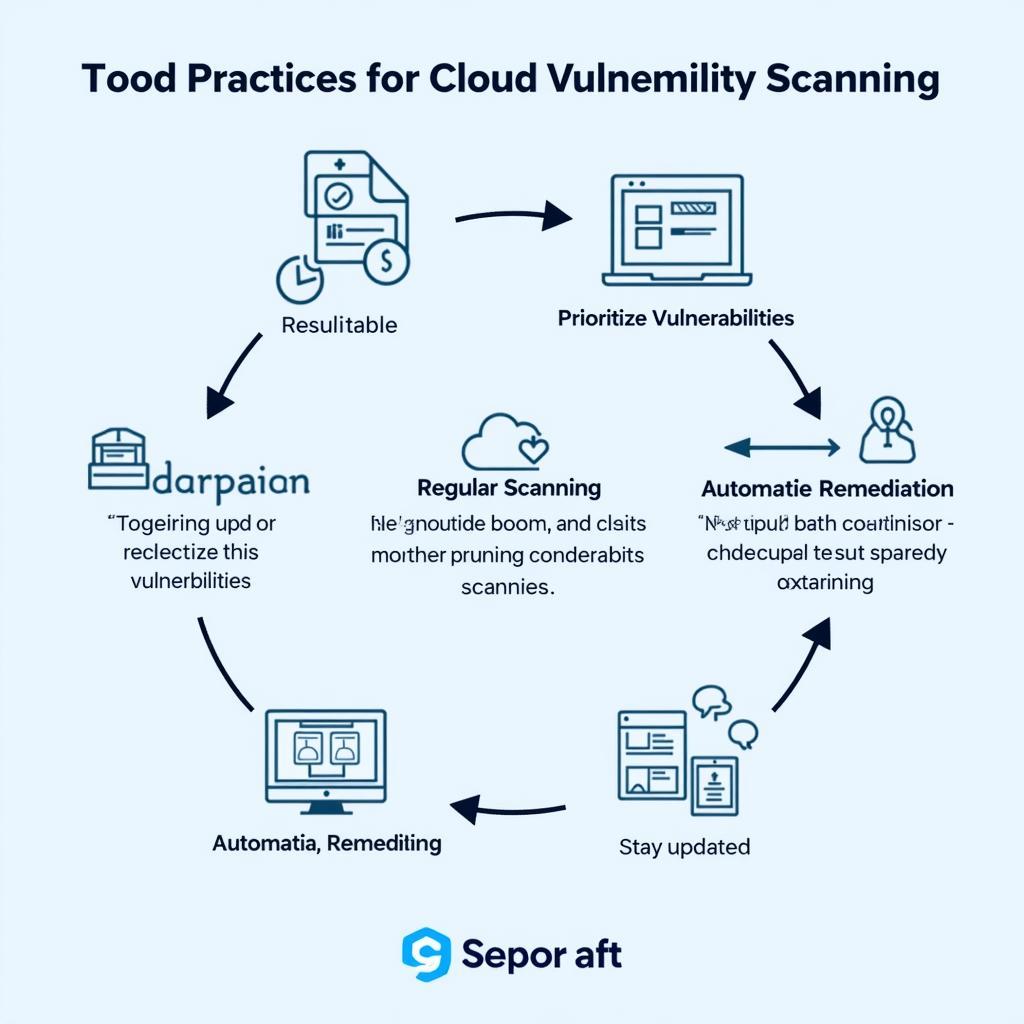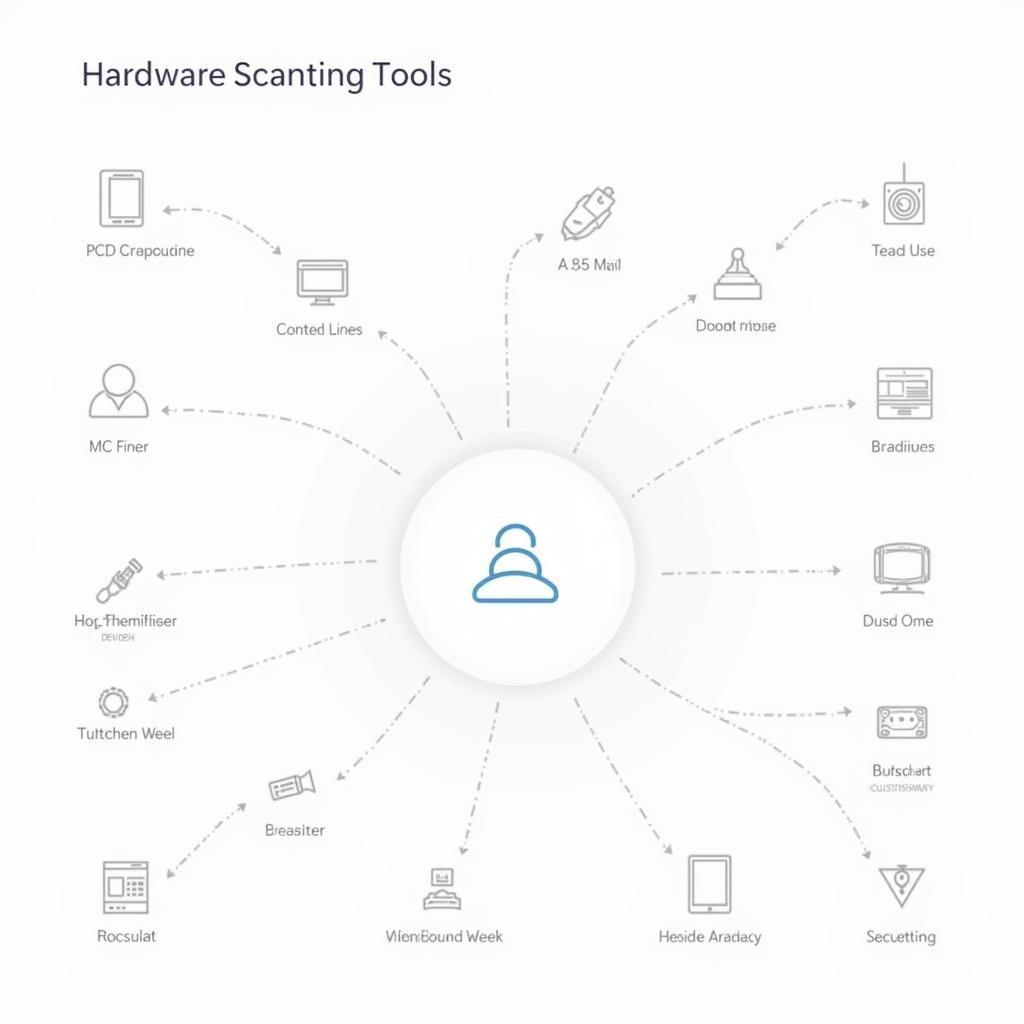Cloud Vulnerability Scanning Tools are essential for protecting connected vehicles and the infrastructure they rely on. With increasing software complexity in modern cars, vulnerabilities are inevitable. Ignoring these risks can lead to serious consequences, from data breaches to vehicle malfunctions. Fortunately, cloud-based security solutions offer a robust defense against these threats.
As vehicles become more interconnected and reliant on software, the attack surface expands, increasing the risk of cyber threats. Traditional security methods are no longer sufficient. This is where cloud vulnerability scanning tools step in, offering a proactive and comprehensive approach to identifying and mitigating vulnerabilities. Learn how these tools can safeguard your automotive systems. See our recommended best web application scanning tools.
What are Cloud Vulnerability Scanning Tools?
Cloud vulnerability scanning tools are automated software solutions that scan cloud-based systems and applications for security weaknesses. They examine network configurations, operating systems, databases, and application code to identify potential vulnerabilities. These tools typically use a database of known vulnerabilities and attack patterns to detect weaknesses.
Why are Cloud Vulnerability Scanning Tools Crucial for Automotive Software?
Modern vehicles are essentially computers on wheels, running complex software that controls critical functions like braking, steering, and infotainment. These systems are increasingly connected to the cloud, creating new entry points for cyberattacks. Cloud vulnerability scanning tools help identify and address these vulnerabilities before they can be exploited.
Vulnerability scanning provides a crucial layer of security for modern vehicles. By proactively identifying and mitigating weaknesses, these tools help protect against data breaches, vehicle malfunctions, and other cyber threats. They are an essential part of a comprehensive security strategy for any automotive software system.
 Cloud Vulnerability Scanning for Automotive Software
Cloud Vulnerability Scanning for Automotive Software
How Cloud Vulnerability Scanning Tools Work
Cloud-based scanning tools operate by comparing the configuration and code of your automotive software against a database of known vulnerabilities. They then generate reports that detail the identified weaknesses, their severity, and recommended remediation steps. Some tools even offer automated patching capabilities.
Types of Cloud Vulnerability Scanning Tools
Several types of cloud vulnerability scanning tools are available, each specializing in different areas:
- Network-based scanners: These tools focus on identifying vulnerabilities in network devices and configurations.
- Host-based scanners: These tools scan individual servers and endpoints for vulnerabilities.
- Application scanners: These focus on finding vulnerabilities in web applications and APIs. Consider exploring the best security scanning tools for comprehensive security coverage.
- Database scanners: These tools are designed to find vulnerabilities in database systems.
Benefits of Using Cloud Vulnerability Scanning Tools
Cloud vulnerability scanning tools offer several benefits for automotive software security:
- Proactive security: Identify vulnerabilities before they can be exploited.
- Comprehensive coverage: Scan a wide range of systems and applications.
- Automated scanning: Regularly scan for vulnerabilities without manual intervention.
- Detailed reporting: Get clear and concise reports on identified vulnerabilities.
- Improved compliance: Meet industry security standards and regulations.
 Benefits of Automotive Software Security
Benefits of Automotive Software Security
Choosing the Right Cloud Vulnerability Scanning Tool
When choosing a cloud vulnerability scanning tool, consider the following factors:
- Specific needs: Identify the types of systems and applications that need to be scanned.
- Integration: Choose a tool that integrates with existing security tools and workflows.
- Reporting and alerting: Ensure the tool provides detailed reports and alerts that are easy to understand and act upon. If you’re looking for specific tools, check out API vulnerability scanning tools.
- Cost: Evaluate the cost of the tool and its features.
Best Practices for Cloud Vulnerability Scanning
- Regular scanning: Schedule regular scans to identify new vulnerabilities as they emerge.
- Prioritize vulnerabilities: Address the most critical vulnerabilities first.
- Automate remediation: Use tools that offer automated patching capabilities to streamline the remediation process. Also, explore code scanning tools security to enhance your security measures.
- Stay updated: Keep the scanning tool and vulnerability database up-to-date.
 Best Practices for Vulnerability Scanning
Best Practices for Vulnerability Scanning
“Regular vulnerability scanning is not just a best practice; it’s a necessity in today’s interconnected automotive landscape,” says John Smith, Lead Cybersecurity Engineer at AutoSec Solutions.
“Choosing the right scanning tool can significantly impact your ability to effectively identify and mitigate security risks,” adds Jane Doe, Senior Security Consultant at CyberAuto Inc.
Conclusion
Cloud vulnerability scanning tools are vital for securing the increasingly complex software systems in modern vehicles. By proactively identifying and addressing security weaknesses, these tools help prevent data breaches, vehicle malfunctions, and other cyber threats. Choosing the right tools and implementing best practices will help ensure the safety and security of connected vehicles. For assistance with choosing the right cloud scanning tools, contact ScanToolUS at +1 (641) 206-8880 or visit our office at 1615 S Laramie Ave, Cicero, IL 60804, USA. We’re also equipped to provide information on DOD vulnerability scanning tools for specific needs.


